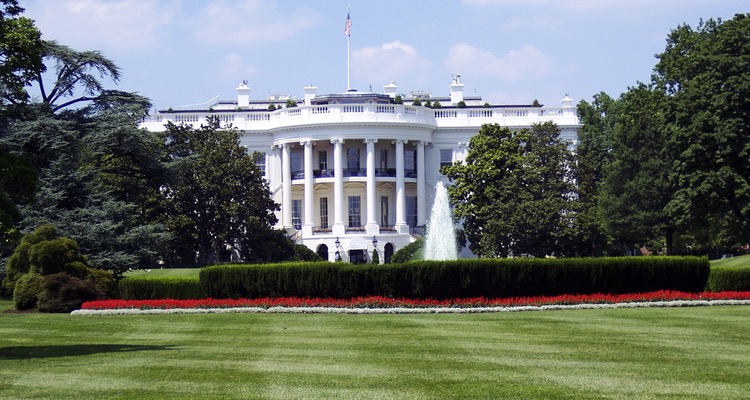
Photo Credit: pexels
For years, we’ve been hearing about Congress working on new legislation for internet safety, specifically in reference to the youngest generation of internet users. So far, we’ve seen nothing yet on a national level.
Yet, politicians are finally waking up to the fact that social media can be extremely addictive, and can have a number of physical, mental, and emotional side effects. So it’s only natural to ask: When are we finally going to get a comprehensive piece of legislation designed to protect our kids online?
The Kids Online Safety Act
For now, the best chance of new national legislation passing is the Kids Online Safety Act (KOSA), which promises to protect children from dangerous online content. And it also promises to hold Big Tech to account. In order to do this, it will impose a rigorous “duty of care” on them. That way, they won’t be able to shrug their shoulders and say “oh well,” anytime something unfortunate happens to a young internet user. They will need to play a much more active role in cleaning up their social media platforms, or else they will pay the price.
The good news here is that KOSA appears to have strong bipartisan support, something that is a rarity these days in Washington, D.C. When was the last time you heard about Democrats and Republicans agreeing on anything? The Senate has already passed the bill, so it’s now just up to the House to pass a version of it. President Joe Biden has already signaled his intention to sign it, as long as they can get it to him before his term of office ends. So there’s literally just a matter of months remaining for KOSA to pass.
There’s more good news, too. KOSA appears to be truly comprehensive. It’s not just going after one niche of bad behavior online – it’s seeking to clamp down on all bad behavior online. Thus, it should help to reduce some of the most pernicious behaviors that have been linked to social media. This includes cyberbullying, violence of any kind, suicide, eating disorders, substance abuse, and anything involving unwanted sexual attention. In other words, parents should finally be able to let their kids use social media without worrying about whether or not online predators are tracking them, or whether friends online are bullying their child at all times of the day or night.
Who could possibly be opposed to this legislation?
The bad news, if you want to call it that, is that there appears to be mounting opposition to the KOSA bill from the so-called “tech lobby.” Most big tech companies know better than to oppose legislation directly. So they hire teams of outside lobbyists to do all the dirty work for them.
And, by and large, these lobbyists follow a pretty narrow game plan. They first try to imply the legislation is “unconstitutional” by invoking the First Amendment. As they claim will be the case, the new legislation will result in censorship and the silencing of key voices. That’s the first step.
The next step is to find a specific special interest group that they can bully into submission. And, in this case, it appears to be the LGBTQ community. The lobbyists claim that important LGBTQ content will no longer be available online. And, moreover, they claim that lawmaking authorities will use the “duty of care” provision to completely silence the LGBTQ community. As a result, any discussion of gender issues will be tarred and branded as “dangerous” for young people, and promptly removed from the platform.
This is a game plan that we’ve seen, over and over again. Until now, it’s been a very effective tactic at the state and local level. It remains to be seen whether it will be effective at the national level. But you can be assured that the Big Tech giants with social media platforms will fight as long and as hard as they can to weaken and water down the KOSA legislation. The last thing they want to face is lawsuits from parents, educators, and community groups.
If we regulate everything else, why not social media?
At the end of the day, we’re probably closer to passing a comprehensive piece of internet safety legislation than at any time in history. The only thing that could possibly get in its way is the current election cycle. At a time like this, politicians running for election might not be willing to show the backbone that’s required to pass this legislation.
Instead, they might prefer to kick this issue further down the road, until the next Congress is seated. That, unfortunately, has been the pattern for the better part of the past decade.